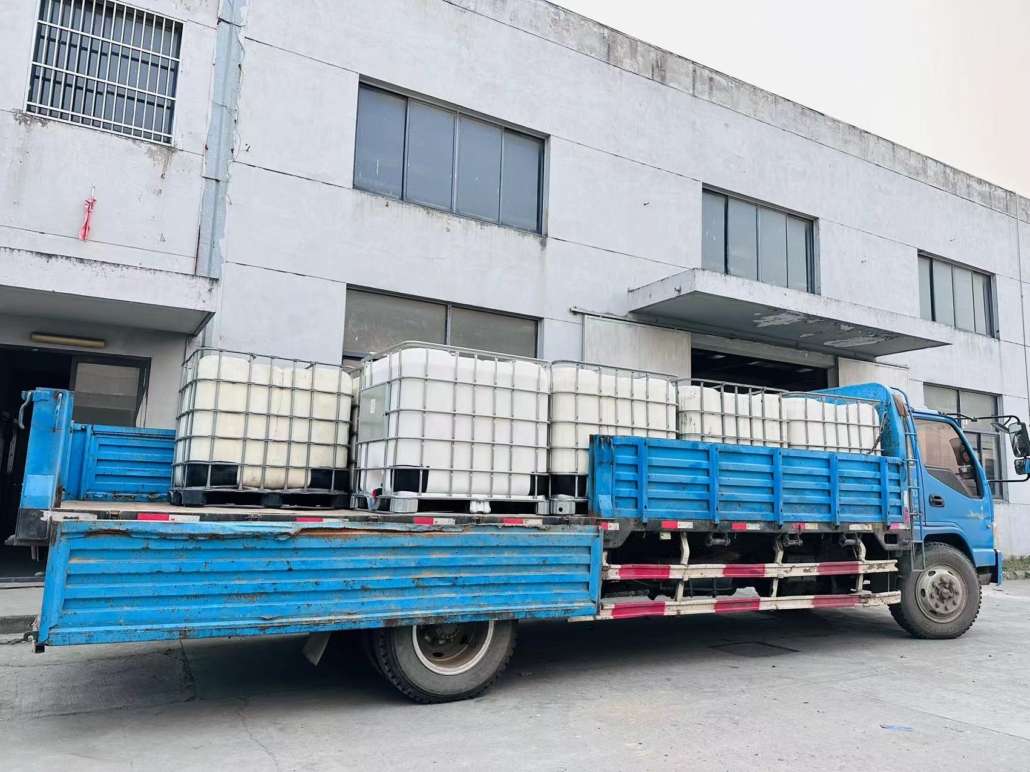Selective hydrogenation catalyst, preparation of hydrogenated petroleum resin method of hydrogenated petroleum resin hot melt pressure sensitive adhesive
Using cyclopentadiene compounds as raw materials, petroleum resins can be obtained by thermal polymerization or cationic polymerization, and dicyclopentadiene petroleum resins are more common. Dicyclopentadiene petroleum resin is a light yellow to brown-yellow thermoplastic solid with a molecular weight between 300 and 3000. It can be used in the fields of road marking paint, adhesives, and rubber modification.

However, dicyclopentadiene petroleum resin has a dark color, strong odor, and poor aging resistance, so it has been developed gradually. H-t-m e l t pressure-sensitive adhesive (HMPSA), which is prepared with adhesive resins such as dicyclopentadiene hydrotreating petroleum resin, is often used in disposable sanitary products and labeling.
In the process of preparing HMPSA, the compatibility between viscosifier resin and polymer elastomer is crucial. The better the compatibility between viscosifier resin and polymer elastomer, the greater the viscosity of HMPSA prepared. In the process of preparing HMPSA with dicyclopentadiene hydrogenated petroleum resin, it was found that the compatibility between dicyclopentadiene hydrogenated petroleum resin and polymer elastomer was not good, and the cohesion energy of dicyclopentadiene petroleum resin was low, the prepared HMPSA had low adhesion and stripping strength, and the application performance in the field of disposable sanitary products was poor. In order to solve the above problems, the researchers copolymerized aromatic hydrocarbons containing a benzene rings with dicyclopentadiene to introduce a benzene ring with high polarity into the resin.
However, in the existing preparation method of dicyclopentadiene hydrogenated petroleum resin, the benzene ring added is very easy to be saturated by simultaneous hydrogenation during the process of double bond saturation of resin hydrogenation. As a result, some benzene rings with higher polarity are saturated into six-membered rings with lower polarity, so the compatibility improvement degree of copolymerized hydrogen is limited, and most of them have strict requirements for raw materials, high cost of raw materials, poor effect and not suitable for large-scale continuous operation and other problems.

Leave a Reply
Want to join the discussion?Feel free to contribute!